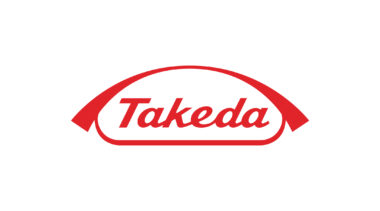
With the Federal Election set for May 3, it is crucial that all Members of Parliament and Senators prioritise the needs of rural Australia and step up to secure a healthier future for all Australians.
The 2025-26 Federal Budget fell disappointingly short of providing a tailored solution for rural health care. However, the National Rural Health Alliance (NRHA) is hopeful that all parties would recognise the economic contribution of rural populations and address their health needs during election campaigns.
“As the cost of living continues to rise, the disparities in healthcare funding and access for rural people are becoming more pronounced, making it vital for this election to focus on ensuring health equity for all Australians,” said NRHA Chief Executive Susi Tegen.
Rural Australians make up 30 percent of Australia’s population, contributing significantly to Australia’s economy, and generating 70 percent of export income through industries, such as agriculture, minerals, tourism, retail, services, and manufacturing. They also account for 50 percent of the nation’s tourism income and provide 90 percent of the country’s food.
Despite these enormous contributions, rural Australians receive $848 less per person per year - $6.55 billion in total - in healthcare funding compared to their urban counterparts. This gap translates to poorer health outcomes and earlier death due to reduced access to healthcare services.
“We urge all Australians and the candidates who seek their votes to recognise and address the healthcare challenges and earlier deaths that persist in rural areas, ultimately impacting all Australians. We ask for their support to implement a National Rural Health Strategy to coordinate Commonwealth, State, and Territory policy, investment and service delivery. This will ensure grassroots-led, sustainable solutions for rural communities throughout the patient journey.
“We have heard from individuals who must travel hundreds of kilometres to access basic care, as the services have disappeared, and no one seems to care. Clinicians, no matter which health profession, are working many hours on the ground, are burnt out and feel unsupported. The solutions have been provided for any government to take up the challenge to be more flexible and focus on equity and reflect that we are all Australians,” said Ms Tegen.
NRHA is also calling for a $1 billion National Rural Health Fund, half of which is to support blended or block healthcare delivery payments for where there is no or little access for populations to healthcare.
The other half would be put towards infrastructure for student, trainee or visiting clinician accommodation, outreach in infrastructure for service delivery, or for childcare. This would help address the critical shortage of healthcare professionals in rural regions.
NRHA is a strong advocate of local rural health research, innovation and grassroots-led solutions and seeks funding for a Rural Health Innovation and Evidence Hub where anyone from anywhere can access information from other regions that have implemented great ideas and solutions, to learn, share and adapt the lessons and trials that have improved patient access, health and medical clinician training and research across rural Australia.
“It is time for all political leaders to step up, commit to the 7.3 million rural people that they would implement long-term solutions, and ensure that no Australian, no matter what their postcode, is left behind when it comes to accessing quality health care,” said Ms Tegen.
About us:
The National Rural Health Alliance (the Alliance) comprises 53 national organisations committed to improving the health and wellbeing of the over 7 million people in rural and remote Australia. Our diverse membership includes representation from health professional organisations, health service providers, health educators, the Aboriginal and Torres Strait Islander health sector and students.
Contact details:
Kathya de Silva, Media and Communications Officer, National Rural Health Alliance, [email protected] 0470 487 608


